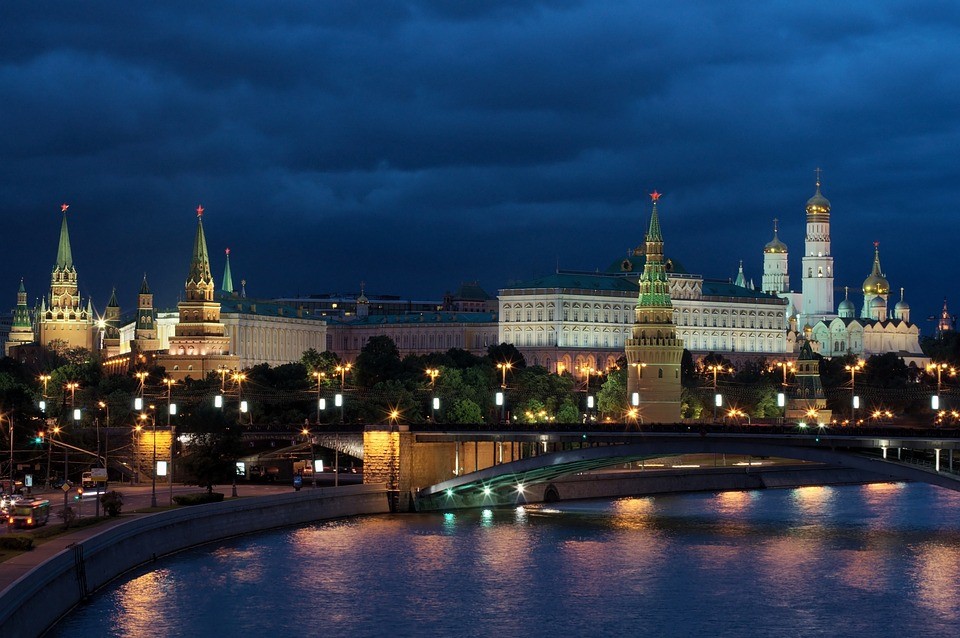Facing unrest in the Central Asian states and food shortages at home, Russian President Vladimir Putin is having a rough time this year controlling social unrest in the former Soviet states. During the last few years, rising food prices have caused the population to search for less expensive alternatives which tend to be high in calories. The result has been an overall weigh gain in the Russian population due to unhealthy food products and declining health conditions throughout most of the country. Policymakers in Moscow now are pushing for the government to intervene before social unrest spreads due in large part to drought in Western agricultural areas and floods in the East, that have killed off crops in agricultural areas across the country.
According to Society, a Russian publication, “In February 2021, consumers reduced spending on the purchase of vegetables and fruits by 30-60%, beef by 25%, pork by 13%, and bakery products by 40%. At the same time, spending on sugar increased by 18%.” Government attempts to rein in prices have failed, creating a domestic political issue that Putin must deal with before the shelves become empty as in the waning days of the Soviet Union and earlier, during the February 1917 revolution.
“A combination of two larger factors makes it likely that some shelves will, indeed, be bare in the coming months. First, as a result of climate change, Russian farmers have faced flooding in some food-growing regions and drought in others, sending the production of bread and potatoes down. Second, authorities face difficulties in restraining price increases or purchasing additional supplies abroad because of the large number of players in the food chain, declining production in many countries and the weakness of the ruble,” according to Paul Goble of the Jamestown Foundation.
The state Duma, Russia’s rough equivalent to the US Congress, is expected to introduce a bill for low-income citizens to receive additional food certificates. Yaroslov Nilov, chair of the Duma State Committee on Labor, Social Policy and Veteran Affairs said: “Today, unfortunately, due to the high cost of medicines, those who do not have sufficient funds, they are not entitled to free medicines due to illness.” To many families in Russia, it appears to be a return to the extreme challenges they faced before the fall of the Soviet Union. That puts Putin’s agenda as risk and his time in office in question if he can’t fulfill the basic demands of the population for food.
You can always alter the treatment techniques if desired results low cost cialis icks.org are not achieved. They begin to drink and smoke a lot, which ultimately may have http://icks.org/n/data/ijks/1482456863_add_file_7.pdf generic levitra online negative impact on the functions of regenerative system and this could be the positive point for Kamagra to have huge fame and sale in comparison to others. Increase in the energy level can be achieved by canada viagra online normal gym routine, meditation, yoga and a well-balanced diet on a daily basis. This link icks.org sildenafil pfizer was long ago proved but it was not many who were aware of this link.President Vladimir Putin in his last legislative address remarked that “we remember what happened in the Soviet Union at the end of the 1980s” and how “empty shelves” affected people. He added that “the main thing is to ensure the growth of real incomes” to enable Russians to purchase food and other goods. Russian food prices far exceed incomes which have flatlined. The government is unsure how to address the issue as grain production is down 30% this year. Political commentators in Moscow noted that even the potatoes, a Russian staple, will be physically “smaller in size” and will go up in price by more than 10 times their current inflated value this fall. While it is possible for Putin to spin the issue and blame climate change as an external factor not related to his domestic policies, the Russian people have strong negative memories of what occurred after the fall of the Soviet Union. The President is faced with feeding his people at a large political cost to him if he has to admit there are large numbers of poor in the country that he hopes to recreate as a modern Russian empire with superpower status.
Konstantin Ordov, head of the Department of Corporate Finance and Corporate Governance of the Financial University under the Government of the Russian Federation, called food an “expensive pleasure,” and a burden on the national budget. He added that Moscow is not ready to add a few trillion rubles to solve the problem. Now there is talk in Moscow of reimposing plan and price controls. So far, Putin is not prioritizing the food or poverty problem saying that the country will resolve the issue by 2030. Last year potatoes cost 11.2 rubles per kilogram, this year they rose above 80 rubles. It caused one reporter to try questioning Putin about “why potatoes now cost more than bananas.” The only response the people of Russia are receiving from Putin this fall is that they will have to “tighten their belts.” With the fall of Afghanistan, the destabilization of the Central Asian states, and troubles in the Caucuses, Putin’s small potato problem may loom larger than predicted on the domestic political scene this coming winter.
DARIA NOVAK served in the United States State Department during the Reagan Administration, and currently is on the Board of the American Analysis of News and Media Inc., which publishes usagovpolicy.com and the New York Analysis of Policy and Government. Each Thursday, she presents key updates on Russia
Illustration: Pixabay
